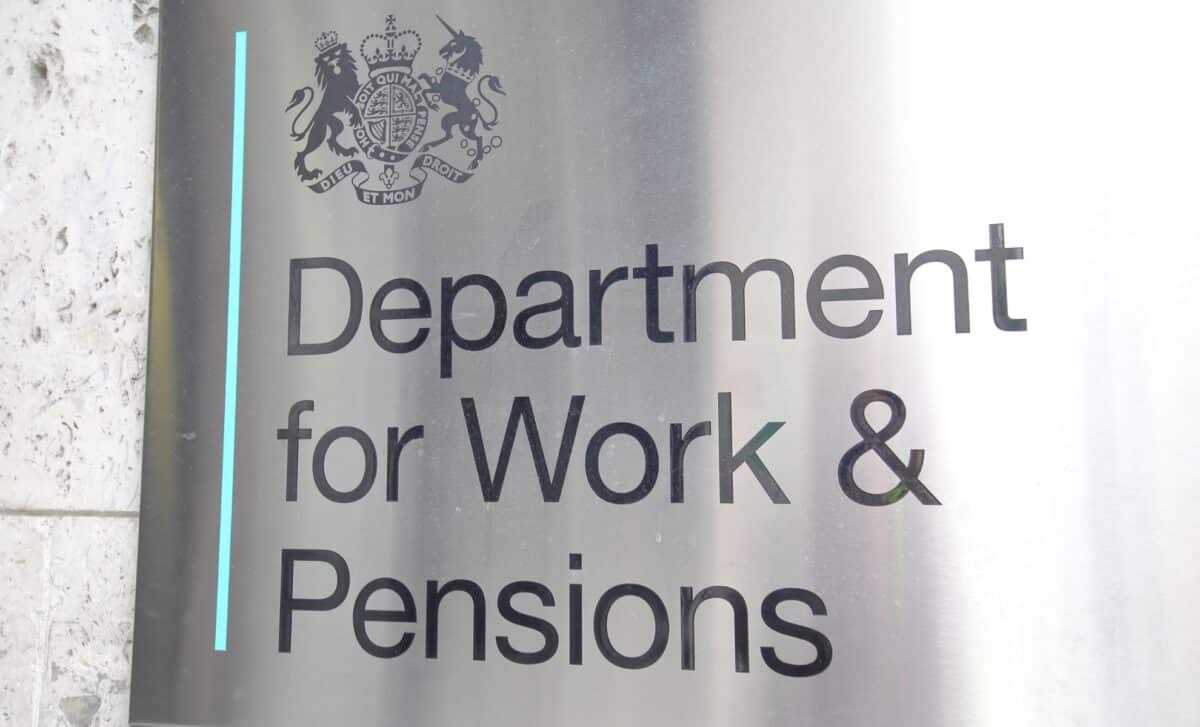The Department for Work and Pensions (DWP) has warned claimants of Personal Independence Payment (PIP) that a stringent 20-metre rule could impact their eligibility for the mobility component of the benefit, as the government prepares to implement cuts.
The 20-metre distance is a crucial benchmark in the PIP assessment, with potential financial and mental health consequences for those affected.
The DWP’s warning comes amid the announcement of up to £5 billion in cuts to the welfare system. MPs and disability advocates are voicing concern over the implications of this rule, particularly for those whose mobility is already severely restricted.
For many, the enhanced mobility component of PIP is vital in covering daily living costs, with some facing losses of up to £2,500 annually if deemed ineligible due to the 20-metre walking threshold.
The 20-Metre Rule Explained
The 20-metre rule is central to the way PIP assessments determine eligibility for the mobility component. According to Labour MP Sir Stephen Timms, the rule helps differentiate between individuals with severe mobility restrictions and those with less limited mobility.
Claimants who are unable to walk more than 20 metres unaided—or with an aid or appliance—qualify for the enhanced mobility rate, which provides financial support for daily activities such as travelling to appointments or performing tasks in the community.
However, Timms clarified that distance is not the sole factor in assessing claimants. The “reliability” criteria are equally important, meaning that claimants who can walk more than 20 metres but cannot do so safely or reliably could still qualify for the enhanced mobility rate.
Additionally, some claimants may receive a standard mobility award if they meet other criteria, such as scoring at least 8 points across the various activities considered in the PIP assessment.
Financial and Mental Health Concerns
The financial impact of losing the enhanced mobility rate is significant. According to official figures, claimants who drop from the higher mobility rate of £77.05 per week to the lower rate of £29.20 could lose out on over £4,000 annually.
This loss can place additional strain on individuals with long-term health conditions or disabilities, further exacerbating their challenges.
In response to questions raised by Conservative MP Charlie Dewhirst, Timms confirmed that the DWP has not conducted a specific assessment of the mental health impact of the 20-metre rule.
The complexity of isolating the effects of this rule from other contributing factors, such as health conditions or financial stress, makes it difficult to measure its precise impact. Nevertheless, a review of the PIP assessment, including the 20-metre rule and other descriptors, is currently underway.









